1. Massachusetts
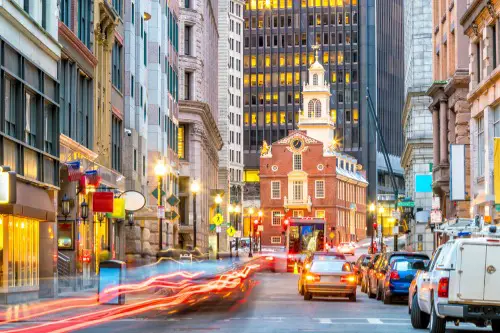
Massachusetts is home to one of the most iconic regional dialects in America: the Boston accent, Ross Cristantiello from Boston.com explains. But it’s not just about dropping the “r” — locals throw around words like “wicked” (meaning very), and directions often include confusing landmarks like “the rotary” instead of roundabout. Ask for a frappe here and you’ll get a milkshake with ice cream, not a coffee drink. And good luck figuring out what a “packie” is unless you know it’s a liquor store.
If you’re driving in Boston and someone tells you to get on the Pike, they mean the Massachusetts Turnpike. Dunkin’ is practically its own language here — locals don’t order a coffee, they get a “regular” (which means cream and sugar). Even city names will trip you up; try pronouncing Worcester or Peabody correctly on your first try. Outsiders often feel like they need a translation guide just to order lunch.
2. Louisiana
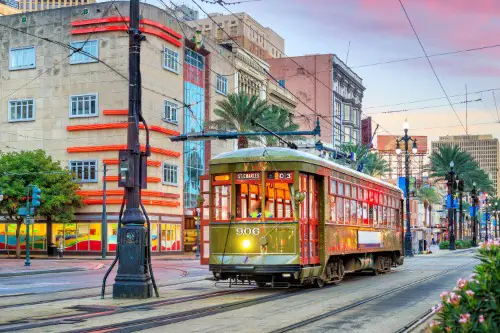
Louisiana’s unique blend of cultures makes its language landscape unlike any other state’s, according to Jennifer Lane from Backstage. Between Cajun French, Creole slang, and New Orleans patois, you might hear someone call you “cher” (pronounced “sha”) as a term of endearment or say “lagniappe” to mean a little something extra. Locals throw around phrases like “making groceries” instead of grocery shopping and refer to friends as “boo.” It’s warm, lively, and deeply rooted in French, African, and Caribbean influences.
Even food orders can feel like a pop quiz. What’s a po’ boy? How spicy is andouille? And do you really want to ask what goes in gumbo? You’ll nod along with locals and hope context clues fill in the rest.
3. Pennsylvania
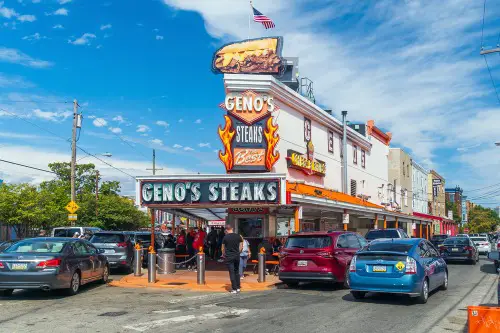
Head to Pennsylvania and you’ll quickly realize that Pittsburgh and Philly might as well be in different states linguistically, according to Matt Benedetto from ABC27. Pittsburghers speak “Pittsburghese,” where they say “yinz” instead of “y’all” and “redd up” instead of clean up. Meanwhile, in Philly, you’ll need to know what a “jawn” is — it can mean anything from a person to a place to a sandwich. And don’t forget that “wooder ice” is actually “water ice.”
There’s also the Pennsylvania Dutch influence, especially in the Amish regions, with phrases like “throw the cow over the fence some hay.” Locals have grown up with this blend of dialects and shorthand, so it all rolls off their tongues naturally. But visitors often feel like they’re decoding a secret language. It’s part of the state’s quirky, regional charm.
4. Texas
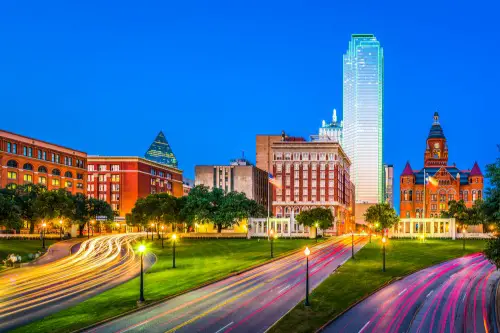
In Texas, English has a cowboy twang and a rhythm all its own. “Fixin’ to” means getting ready to do something, and “bless your heart” can be kind or deeply sarcastic. The state’s massive size means you’ll also get Mexican-Spanish crossover like “jalapeño” pronounced with a hard J or “no mas” used casually in conversation. Add in ranching terms like “maverick” and “two-steppin’,” and it’s clear: Texans talk Texas.
Texans also speak in hyperbole — things aren’t just big, they’re “bigger’n Dallas.” A “cold drink” might be a Coke, Dr Pepper, or Sprite — all are “Cokes” until you specify otherwise. “Y’all” and “all y’all” are real grammatical structures here, and outsiders often struggle with that. But don’t worry — Texans are usually happy to explain (with a grin).
5. Hawaii

Hawaiian Pidgin is so distinct, it’s recognized as a legitimate language by linguists, according to Nicole Napuunoa from KHON2. A mix of Hawaiian, English, Japanese, Portuguese, and more, it includes terms like “da kine” (used as a placeholder for anything) and “pau” (finished). Locals might greet you with “Howzit?” and say things like “choke food” to mean there’s a lot. The intonation and cadence are just as unique as the vocabulary.
Even if you’re fluent in English, you’ll likely feel lost when locals switch to Pidgin. It’s not about exclusivity — it’s cultural identity. Hawaiian Pidgin grew out of plantation life and has endured as a symbol of community. Visitors who spend time there eventually pick up the rhythm, but it takes a while.
6. Minnesota
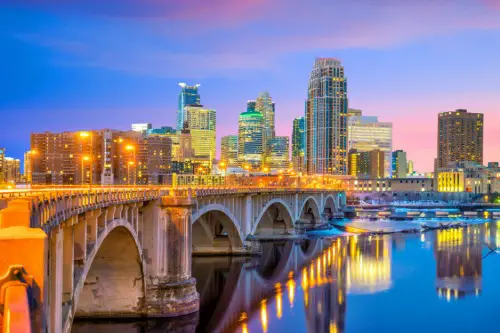
Minnesotans don’t just speak with a recognizable accent — they’ve also got their own expressions that might stump outsiders. “Uff da” is a catch-all exclamation for surprise, exhaustion, or sympathy, and “hotdish” refers to what others call casserole. Don’t be alarmed if someone says “Oh, for cute” or “You betcha” — it’s part of that famous Midwest Nice. And they might insist on measuring distance by time, not miles.
The Scandinavian and German roots run deep in this state’s language habits. Add in the regional tendency to understate everything, and conversations become a puzzle of politeness and euphemism. Even “interesting” might mean “I didn’t like it at all.” Outsiders often miss the subtext — which is half the fun (and confusion).
7. New York

You’d think everyone in New York speaks English — and they do — but it’s New York English, which is its own beast. In the city, people talk fast, cut syllables, and have no patience for hesitation. A “bodega” is your go-to convenience store, a “schlep” is a long walk, and a “pie” means pizza. Boroughs even have their own linguistic quirks.
Upstate New York can sound like the Midwest, while Long Island has that iconic nasal twist and “lawn-guy-land” pronunciation. Slang changes fast, but you’ll still hear old standbys like “fuhgeddaboudit” and “brick” (meaning freezing). Add in the constant mix of immigrant languages and dialects, and it’s easy to feel lost. But if you can keep up, you’ll feel like a real New Yorker in no time.
8. Georgia
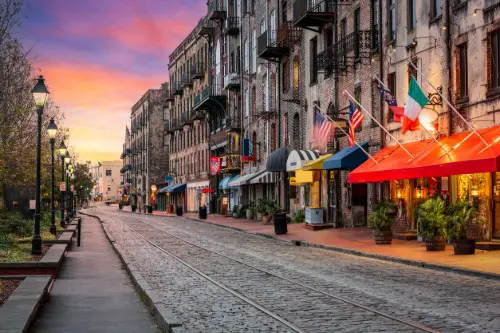
Southern hospitality comes with its own dialect in Georgia. You’ll hear “y’all” constantly, but also expressions like “might could” (meaning maybe), “bless it” (used for anything unfortunate), and “hush your mouth.” People might call soda “Coke” regardless of the brand, and “fixin’ to” is just part of daily speech. Even the pace of conversation is part of the local flavor — slow and steady.
Georgia also has regional differences between rural areas, Atlanta, and the coast. In the Lowcountry, Gullah Geechee communities preserve a Creole-based dialect with African roots. You’ll hear unique phrases and pronunciations that aren’t found anywhere else. It’s not just a Southern accent — it’s a linguistic quilt.
9. Wisconsin
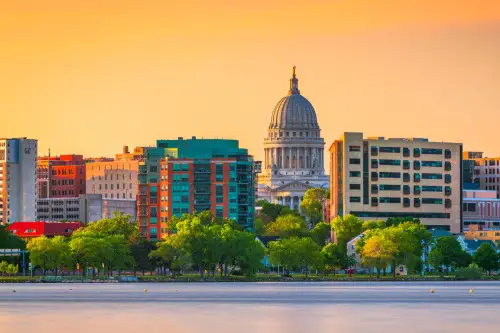
Wisconsin English sounds friendly, but it hides some surprises. Locals say “bubbler” instead of water fountain and might ask you if you want to “come with,” dropping the object entirely. “Don’tcha know,” “real quick,” and “Ope!” are all staples in the local speech. And yes, they really do talk about cheese curds with deep reverence.
The upper Midwest accent is often mistaken for Canadian, and there’s overlap with Minnesota in tone and rhythm. But Wisconsin has its own identity, especially with borrowed words from German and Polish immigrants. Ever hear someone say “Stop by my ma’s” and know exactly what that means? In Wisconsin, that’s perfectly clear — to them.
10. Maine
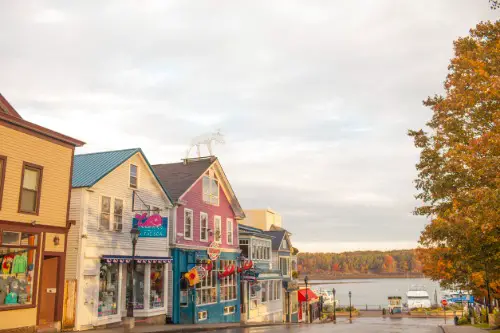
Maine has one of the most distinct regional dialects in the country — and it’s often misunderstood or parodied. Locals drop their Rs, so “car” becomes “cah,” and phrases like “wicked good” are used sincerely. A “dooryard” is the area right outside your front door, and “ayuh” is the universal word for yes. If someone says they’re “from away,” it means they’re not local — and might never be.
The dialect traces back to old New England and has a strong nautical influence. You’ll hear plenty of sea terms like “pot hauler” or “lobstah trap,” even inland. While the accent is fading in some areas, older Mainers still speak it with pride. Outsiders might need subtitles, but it’s music to local ears.
11. North Carolina
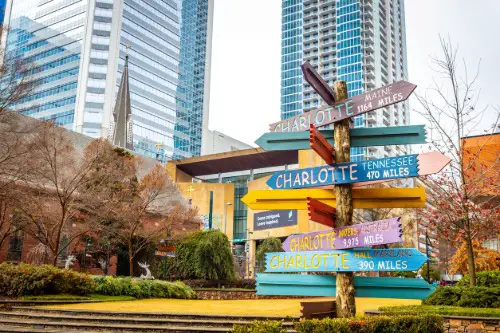
North Carolina straddles several language zones, so you get a fascinating mix. In the Appalachian Mountains, folks use terms like “poke” for a bag and “britches” for pants, rooted in old Scots-Irish English. Coastal communities, meanwhile, preserve the “Hoi Toider” brogue — a dialect that sounds almost British. Locals might also describe something broken as “tore up” or use “might could” for tentative plans.
The Southern drawl is real, but there’s also a musicality to the regional speech. It reflects both heritage and geography, from the Outer Banks to the Piedmont. Even locals from other parts of the South can get tripped up by the slang here. For visitors, it’s both confusing and charming.
12. Kentucky
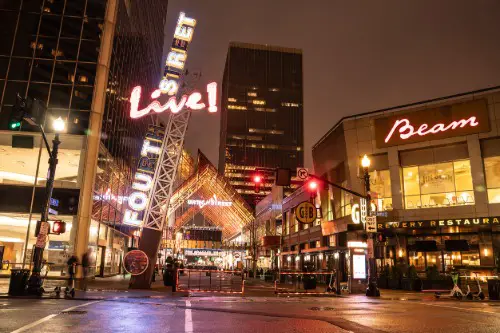
Kentucky English is a tapestry of Appalachian mountain talk and Southern drawl. Words like “yonder” (over there), “reckon” (think), and “ain’t got none” are common. “Holler” refers to a small valley, not yelling, and “bless it” might be said about anything from a sick dog to a burnt pie. There’s also a strong oral storytelling tradition that influences how people talk.
The pace is slow, but the phrasing is vivid. Someone might say, “I’m full as a tick” or “That dog won’t hunt,” and you’ll just have to figure it out. There’s a poetic rhythm to Kentucky speech that’s hard to fake. Outsiders might need time to catch the nuances — and that’s part of the charm.
13. Alaska
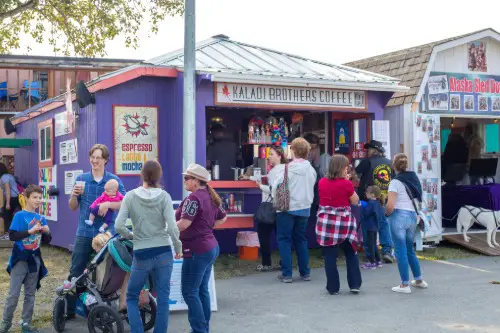
Alaskans have a way of speaking that reflects isolation, climate, and a mix of Indigenous languages. Phrases like “break-up” (when ice starts melting) and “cheechako” (a newcomer) are part of daily life. If someone says they’re heading “Outside,” they mean anywhere that isn’t Alaska. You’ll also hear terms borrowed from Yup’ik and Inupiaq languages, especially in rural areas.
Even the way people talk about directions and time is different — sunrise and sunset times vary wildly by season. Snow isn’t just snow: it’s “powder,” “corn,” “snirt” (snow mixed with dirt), or “sugar.” Everyday objects get nicknames, like calling ATVs “four-wheelers.” It’s a whole different world — linguistically and otherwise.
14. Rhode Island
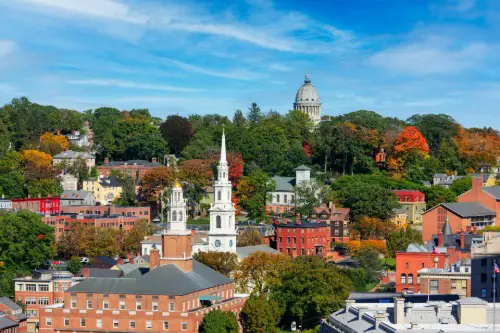
Tiny Rhode Island packs a ton of linguistic quirks into its small size. Locals call milkshakes “cabinets,” grocery carts “carriages,” and drink “coffee milk” like it’s a national beverage. You’ll also hear remnants of old New England speech, with dropped Rs and fast-talking delivery. “Downcity” means downtown, and “awful awful” is actually a good thing — it’s a famous milkshake.
Rhode Islanders also love nicknames and slang: “The Hill” means Federal Hill, and “benny” is a not-so-flattering term for tourists. Even cities are mispronounced by outsiders — Warwick is “WAR-ick,” not “WAR-wick.” It’s a local code that bonds residents. And you’ll be totally lost until you learn to speak the language.
15. West Virginia

West Virginia’s speech is rooted in Appalachian English, with deep history and distinct vocabulary. Locals might say “afeared” instead of afraid or use “reckon” the way Shakespeare did. “Crick” replaces creek, and “bless your heart” has layered meanings depending on the tone. The dialect has a melodic quality that reflects its mountain roots.
You’ll also find expressions that sound quaint but are still used seriously. “Hush your mouth,” “pert near,” and “dumber than a bag of hammers” are alive and well. There’s pride in this speech — it’s not backwoods, it’s heritage. And if you’re an outsider, you’d best listen close.


